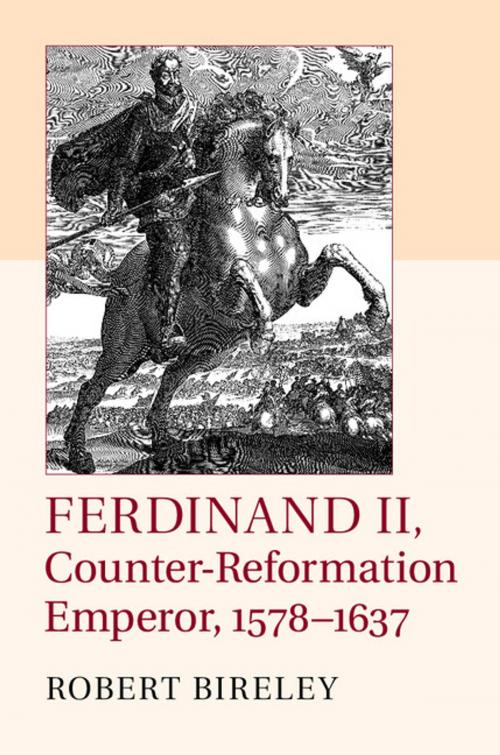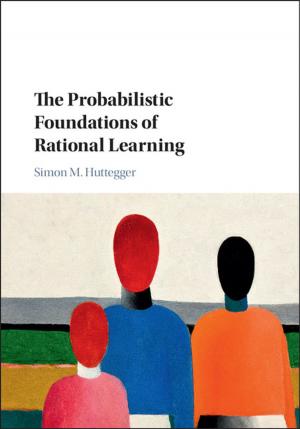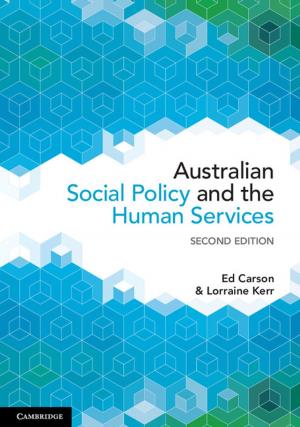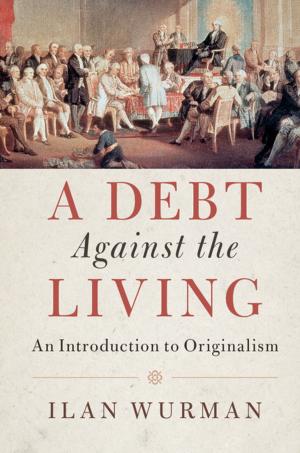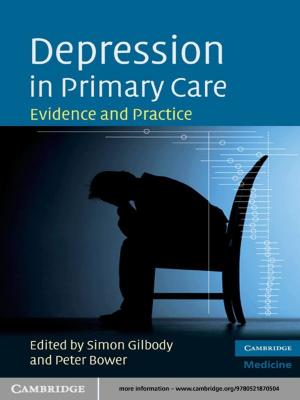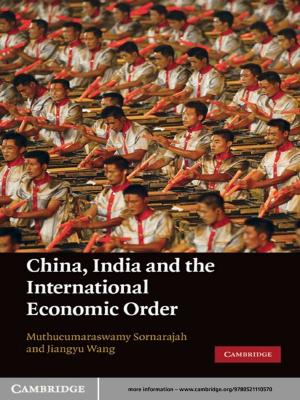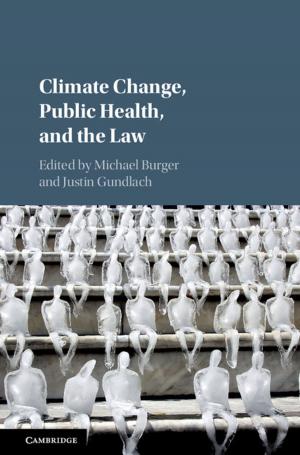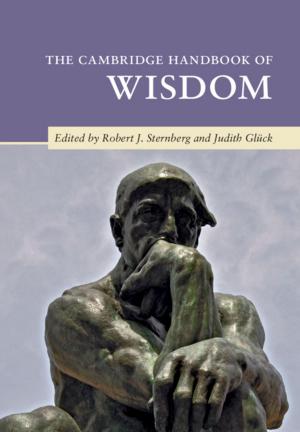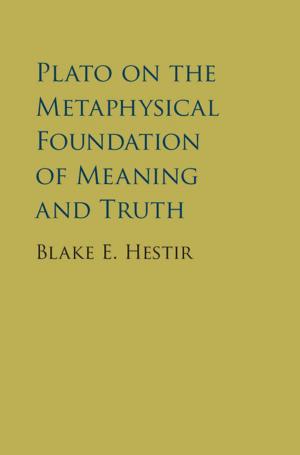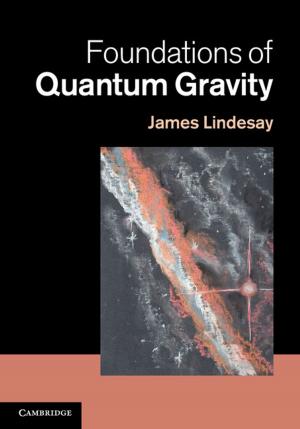Ferdinand II, Counter-Reformation Emperor, 1578–1637
Nonfiction, History, European General, Religion & Spirituality| Author: | Robert Bireley | ISBN: | 9781316164044 |
| Publisher: | Cambridge University Press | Publication: | November 17, 2014 |
| Imprint: | Cambridge University Press | Language: | English |
| Author: | Robert Bireley |
| ISBN: | 9781316164044 |
| Publisher: | Cambridge University Press |
| Publication: | November 17, 2014 |
| Imprint: | Cambridge University Press |
| Language: | English |
Emperor Ferdinand II (1619–37) stands out as a crucial figure in the Counter-Reformation in central Europe, a leading player in the Thirty Years War, the most important ruler in the consolidation of the Habsburg monarchy, and the emperor who reinvigorated the office after its decline under his two predecessors. This is the first biography since a long-outdated one written in German in 1978, and the first ever in English. It looks at his reign as territorial ruler of Inner Austria from 1598 until his election as emperor and especially at the influence of his mother, the formidable Archduchess Maria, in order to understand his later policies as emperor. This book focuses on the consistency of his policies and the profound influence of religion throughout his career, and follows the contest at court between those who favored consolidation of the Habsburg lands and those who aimed for expansion in the empire.
Emperor Ferdinand II (1619–37) stands out as a crucial figure in the Counter-Reformation in central Europe, a leading player in the Thirty Years War, the most important ruler in the consolidation of the Habsburg monarchy, and the emperor who reinvigorated the office after its decline under his two predecessors. This is the first biography since a long-outdated one written in German in 1978, and the first ever in English. It looks at his reign as territorial ruler of Inner Austria from 1598 until his election as emperor and especially at the influence of his mother, the formidable Archduchess Maria, in order to understand his later policies as emperor. This book focuses on the consistency of his policies and the profound influence of religion throughout his career, and follows the contest at court between those who favored consolidation of the Habsburg lands and those who aimed for expansion in the empire.
